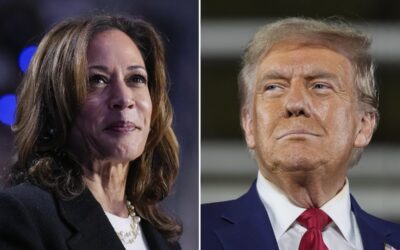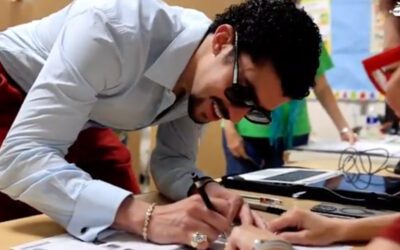Spending dropped after enhanced federal unemployment benefits expired, making it harder for people to pay for everyday items.
Americans spent less money in August, after enhanced unemployment benefits were cut for millions of jobless Americans.
The report, published by the Commerce Department on Wednesday, is a bad sign for the economic recovery from the coronavirus pandemic, and increases pressure on the Trump administration and Congress to reach an agreement on another round of coronavirus relief. Democrats in the House passed a bill that would’ve fully extended the enhanced benefits at $600 per week, all the way back in May. Republicans finally passed their own bill last week, but it only offered $300 per week. There are currently nearly 30 million people relying on unemployment benefits.
Individual Americans buying goods, like groceries or cars, makes up more than two-thirds of the US economy. That means a sharp decline in consumer spending could be disastrous for many big industrial sector. It also signals that the economic recovery from COVID-19 could be faltering.
Government support of individuals who are unemployed helps to boost the economy, especially when funding is given to lower-income families who use that money quickly to buy necessities and pay rent. Higher-income individuals and families often store that money in savings instead of infusing the local economy.
“If Congress is unable to extend fiscal aid to households in the coming weeks, the economy will be particularly susceptible to a cutback in consumer spending, especially from the lowest-income families,” said Gregory Daco to Reuters. Daco serves as chief US economist at Oxford Economics in New York.
The federal $600 weekly unemployment benefit expired in July and it was replaced by a $300 benefit, but it’s not available in all states. To make matters worse, funds for the program are expected to run out by the end of September.
The labor market is also showing signs of a slowdown. Hiring increased in May and June as businesses reopened their doors after the shutdown, but job growth slowed in August and new unemployment applications remained stubbornly high at the beginning of September.
The spending slowdown was accompanied by a nearly 6% drop in sales at stores that specialize in sporting goods, hobbies, books, and musical instruments.

Stay safe, Puerto Rico: The governor issues a state of emergency due to heavy rains, flooding
The executive order also authorizes the activation of the National Guard to assist in relief efforts. The Guard will be tasked with providing...
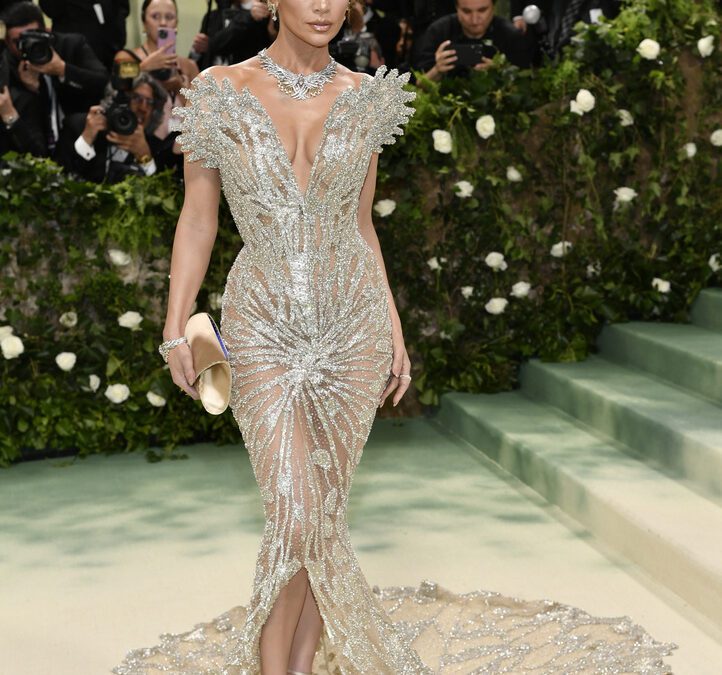
Jennifer López and Bad Bunny steal the spotlight at Met Gala 2024
The artists were co-chairs of the event, alongside Zendaya and Chris Hemsworth. Rauw Alejandro also attended. Puerto Rican artists Jennifer López...
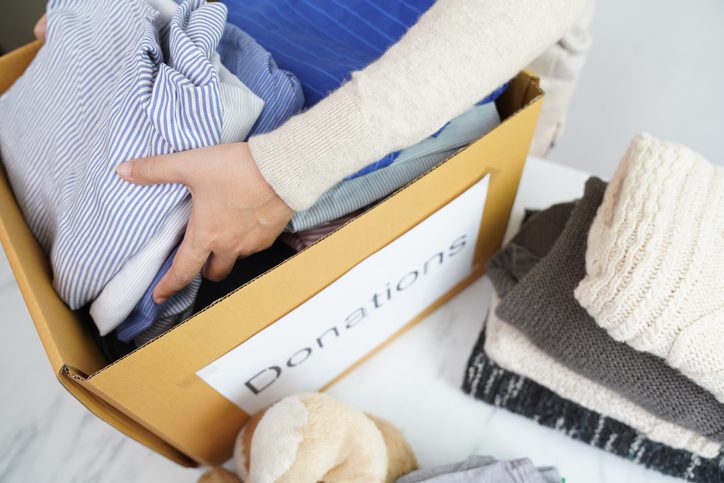
5 places in Florida to donate clothes, shoes, and more
Decluttering your home can provide such a satisfying feeling of accomplishment. After sorting through all of your belongings and determining what...
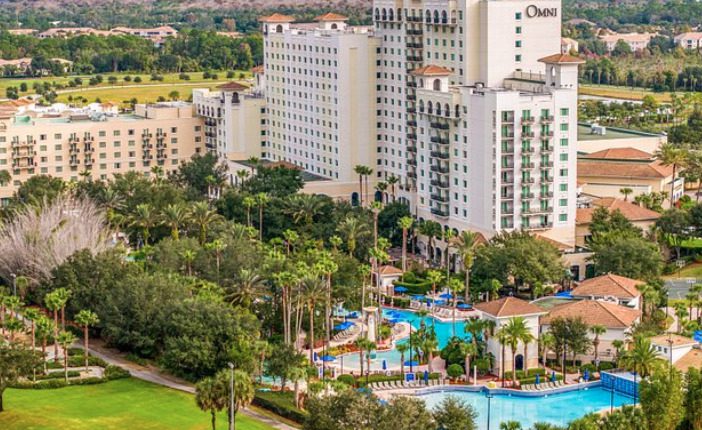
8 Orlando hotels that pack as much fun as the theme parks
With waterslides, family arcades, playgrounds for the kids, and spas for mom and dad, these Orlando hotels will make your vacation unforgettable!...

